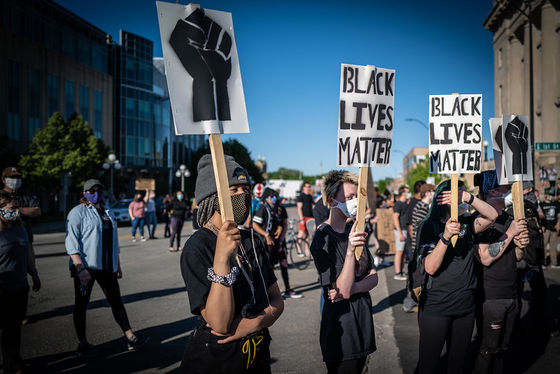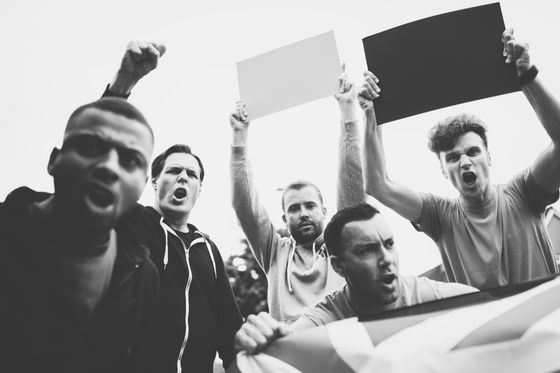Why do protests often turn into violence?

by
In the 2020 Minneapolis anti-racism demonstration , some reported violent clashes, arson, and looting. An expert in social psychology explains the reason why such a situation occurs even though it is said that ' extreme protest behavior reduces the supporter rather than increasing it ' based on past cases doing.
Why do protests turn violent? It's not just because people are desperate
https://theconversation.com/why-do-protests-turn-violent-its-not-just-because-people-are-desperate-139968
Emma, a social psychologist at Flinders University in Australia, asked the question, 'What on earth is the driving force for large-scale protests in the United States, where the new coronavirus is still in the wild?' Associate Professor Thomas picks up two cases as hints.

by
One case is the Montgomery Bass Boycott incident in 1955. In the United States of America at that time, public transportation including buses had black seats and white seats, and it was customary for black people to give up seats when the white seats disappeared. Meanwhile, Rosa Parks , whose roots are in Africa, refused to give up his seat and was arrested. In response, protests led by Rev. Martin Luther King, Jr. and others led to a large civil rights movement and a boycott movement of the bus.
Another example is the Arab Spring , an anti-dictatorship movement that spread in Arab countries between 2010 and 2012. Tunisia's poor street vendor, Mohamed Bhajizi, attempted to protest against the government's tyranny by burning himself, causing a massive democratization movement across the Arab nations.

All of these are examples of individual protests progressing into social group movements. A 2008 study that analyzed group behavior from a social psychology perspective found that these protests were 'angry at the frauds committed to the groups they were involved in, and behaviors in the groups changed. It is caused by 'a person who believes.'
In addition, the phenomenon that “anger is shared due to the spread of the Internet and SNS” is also affecting modern protest activities. According to a study (PDF file) that investigated the relationship between social media and sociopolitical movements around the world, 'People interacting online about the killing of black people by the police may participate in real-world protests.' It is also high.”
'When people interact online, they share a sense of anger and create the belief that'acting together changes the situation,'' said the background of the protest.

But anger does not directly cause violent protest. According to Mr. Thomas, people who use violence to protest often have more 'feelings to look down on political opponents who are committing wrongdoing' than those who do not.
It is also said that protesters are more likely to adopt violence, even if it is believed that “the voice of the protest has not reached officials”. With the addition of violent and aggressive police crackdowns to this situation, even those who were aiming for peaceful protests will use violence.
``Many people think that conflicting protests do not work, but when power is perceived to be corrupt and immoral, Thomas said, ``While the exchange of violence intensifies peaceful demonstrations, The assessment is reversal. In other words, if the state seems unjust and unfair, even ordinary people can tolerate violence.'
Related Posts:
in Note, Posted by log1l_ks







